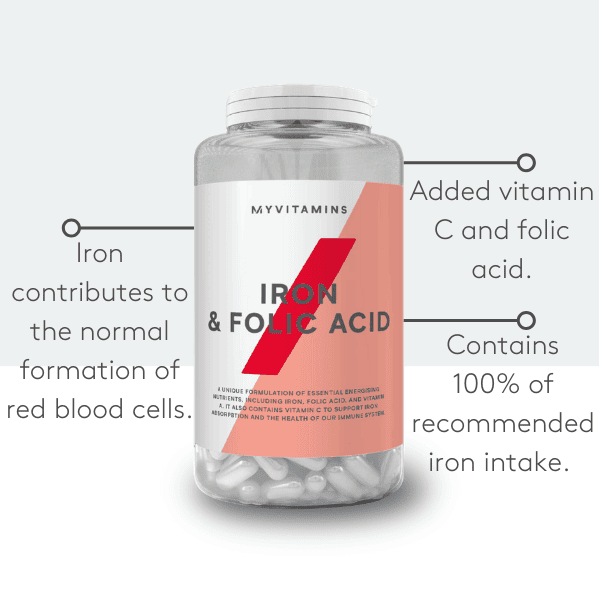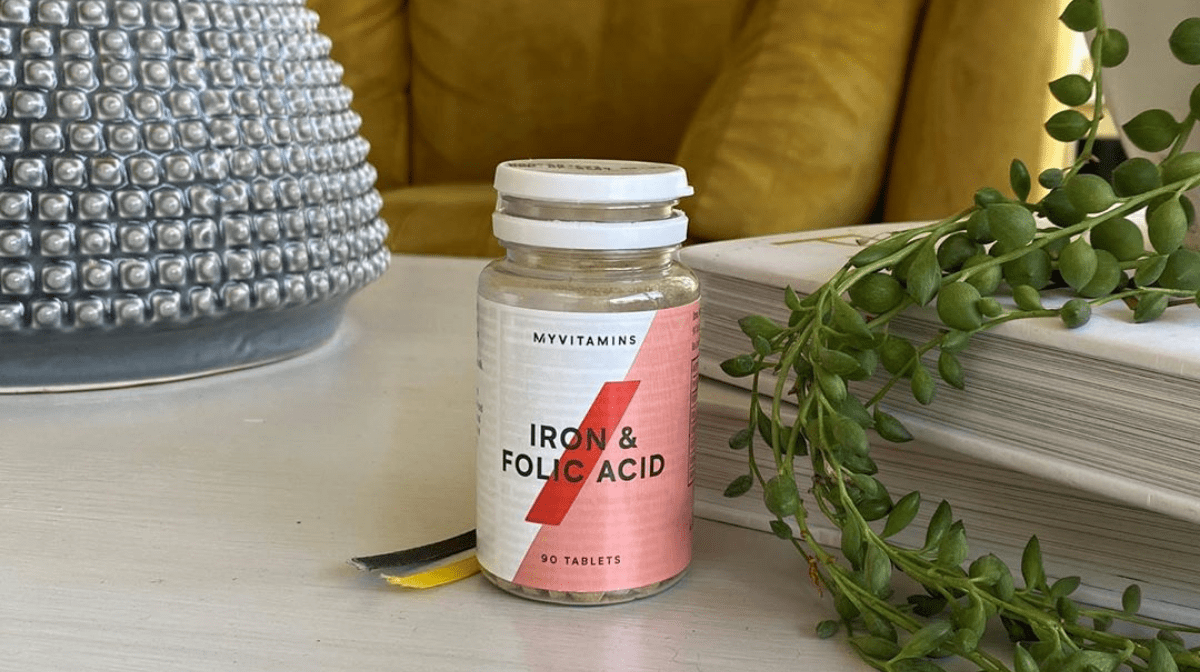
Did you know that iron is one of the most important minerals in body? It effects the activity of the heart, liver and muscles. With anaemia effecting an estimated 25% of the world’s population, (1) this mineral is something we should all be clued up on. Here’s everything you need to know about the importance of iron.
What Does Iron Do in the Body?
Iron is in all of our cells, but it’s mostly found in our red blood cells. These are responsible for carrying oxygen from our lungs to other organs in the body. Additionally, iron is vital to the actions of nerve impulses, contributing to the transmission of these signals which coordinate our actions. If we have surplus amounts of iron in the body, it is stored for future use. 2
Do You Need More Iron?
Iron deficiency anaemia occurs when levels of iron in the body are low. Too little this mineral can affect the number of red blood cells in our body, limiting the amounts of oxygen flowing to organs and tissues. 3
Symptoms of Deficiency
Pale skin
Fatigue
Dizziness
Weakness
Sore or swollen tongue.
But what if you have these symptoms? Well, the severity of these issues can vary greatly, and it’s important to speak to a medical health professional if you are concerned.
Luckily, if you want to increase your intake, there are plenty of sources which can help.
Sources of Iron
Dark-green leafy vegetables
Meat
Nuts
Beans
Wholegrains
Supplements can help to support your levels.

Myvitamins Iron & Folic Acid Tablets contain 100% of your recommended daily iron intake. These tablets contain vitamin B12 and vitamin A which can help with iron metabolism. They are formulated with copper, which supports the transport of iron around the body, and vitamin C, which improves the absorption of iron.
So, now you know more about the importance of iron, try to incorporate it into your diet. Supplements can be a convenient way of supporting your iron levels daily. To see our whole range of essential daily vitamins, click here.








